Send us a link
Fast, Citable Feedback: Peer Reviews for Preprints and Other Content Types
Elsevier Looking into "very Serious Concerns" After Student Calls out Journal for Fleet of Star Trek Articles
Elsevier Looking into "very Serious Concerns" After Student Calls out Journal for Fleet of Star Trek Articles

ELife Supports PREreview's New Peer Review Mentoring Program for Early-Career Researchers
ELife Supports PREreview's New Peer Review Mentoring Program for Early-Career Researchers
Peer Review and Gender Bias: A Study on 145 Scholarly Journals
No Time for That Now! Qualitative Changes in Manuscript Peer Review During the Covid-19 Pandemic
No Time for That Now! Qualitative Changes in Manuscript Peer Review During the Covid-19 Pandemic

Comparing Quality of Reporting Between Preprints and Peer-Reviewed Articles in the Biomedical Literature
Comparing Quality of Reporting Between Preprints and Peer-Reviewed Articles in the Biomedical Literature
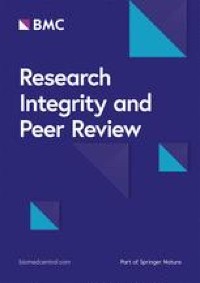
Delete Offensive Language? Change Recommendations? Some Editors Say It's OK to Alter Peer Reviews
Delete Offensive Language? Change Recommendations? Some Editors Say It's OK to Alter Peer Reviews
Survey finds widespread support for editing, but there is little guidance from journals.

Encouraging Preprint Curation and Review
Review and commentary can help authors improve their articles; curation can provide readers with helpful context and enhance discoverability. But despite the benefits, barriers to reviewing and curating preprints remain.

The Lancet Changes Editorial Policy After Hydroxychloroquine Covid Study Retraction
The Lancet Changes Editorial Policy After Hydroxychloroquine Covid Study Retraction
New policy comes after serious quality control questions were raised about the data relied on by a study in the medical journal

Science Journals Are Purging Racist, Sexist Work. Finally
Getting rid of harmful papers is a vital step toward reestablishing readers' trust. Next, publishers should target articles that are flawed in other ways.
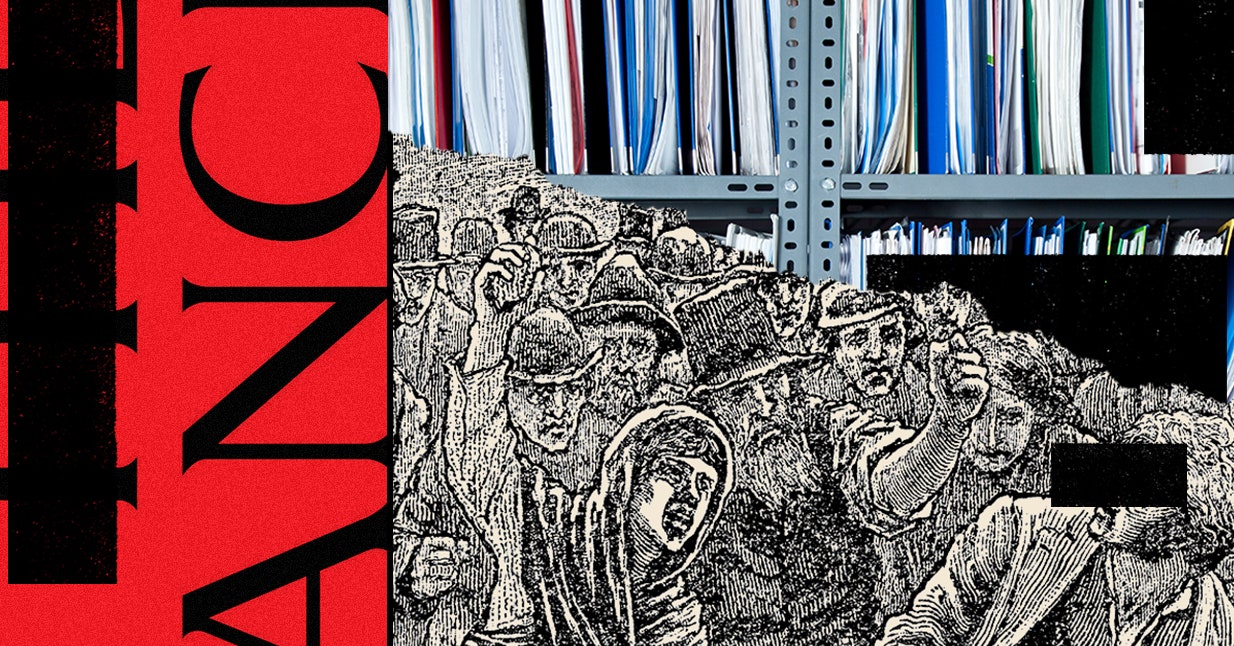
Learning from a Retraction
The editors of the Lancet Group examined The Lancet's peer-review processes to identify ways of further reducing risks of research and publication misconduct.
Ask The Chefs: Improving Trust in Peer Review
In support of #PeerRevWk20 theme #TrustInPeerReview, we asked the Chefs how trust in peer review could be improved. See what they said and add your thoughts!
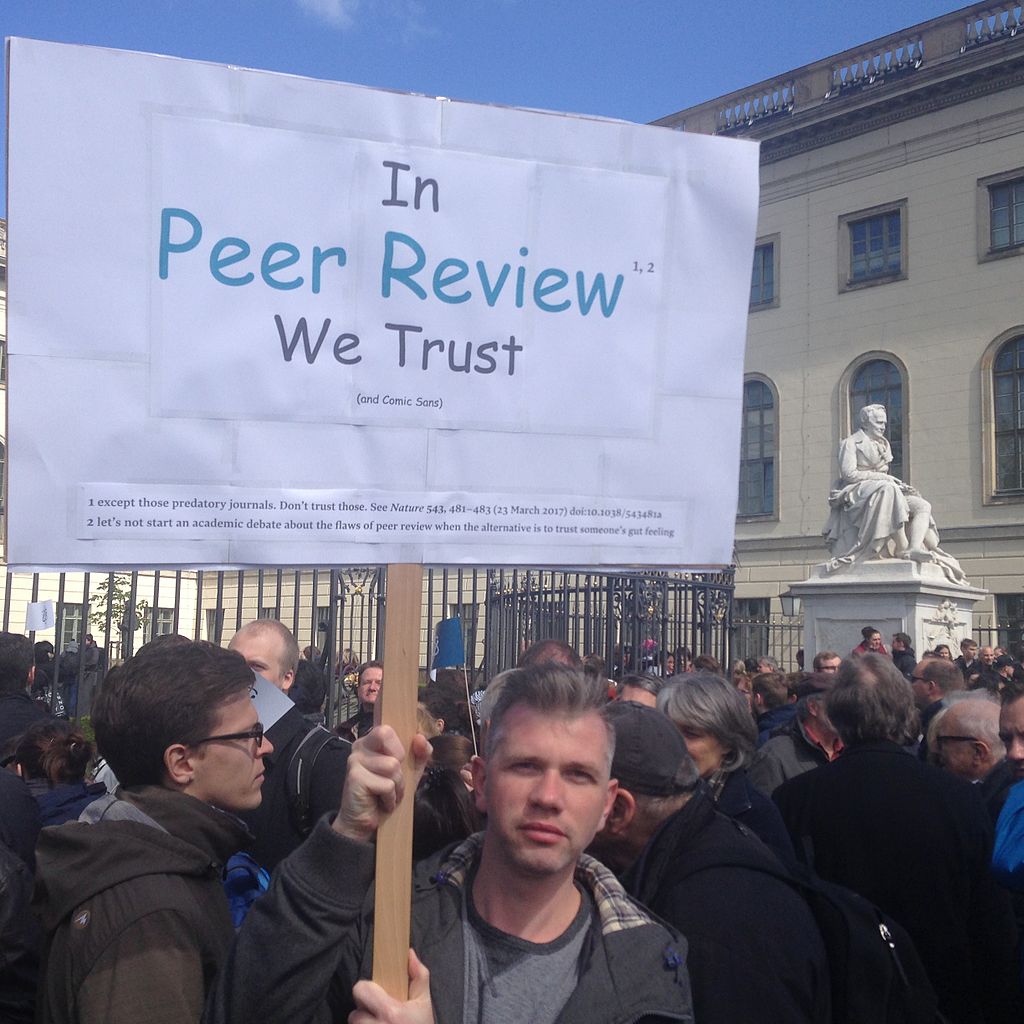
More Better Science | Clothing the Emperor
More Better Science | Clothing the Emperor
This blog calls for a better scientific quality by pointing to the shortcomings in academia.
Systematize Information on Journal Policies and Practices - A Call to Action
Systematize Information on Journal Policies and Practices - A Call to Action
Recently the creators of Transpose and the Platform for Responsible Editorial Policies convened an online workshop on infrastructures that provide information on scholarly journals. In this blog post they look back at the workshop and discuss next steps.

Gender and Other Potential Biases in Peer Review: Cross-sectional Analysis of 38 250 External Peer Review Reports
Gender and Other Potential Biases in Peer Review: Cross-sectional Analysis of 38 250 External Peer Review Reports
The Swiss National Science Foundation (SNSF) set out to examine whether the gender of applicants and peer reviewers and other factors influence peer review of grant proposals submitted to a national funding agency.
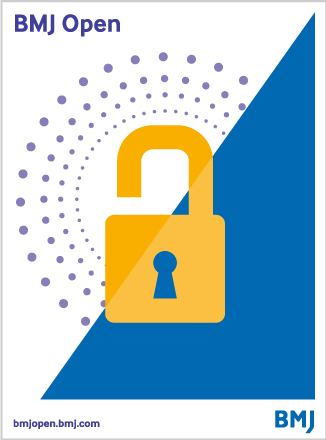
Opinion | How to Identify Flawed Research Before It Becomes Dangerous
Scientists and journalists need to establish a service to review research that's publicized before it is peer reviewed.
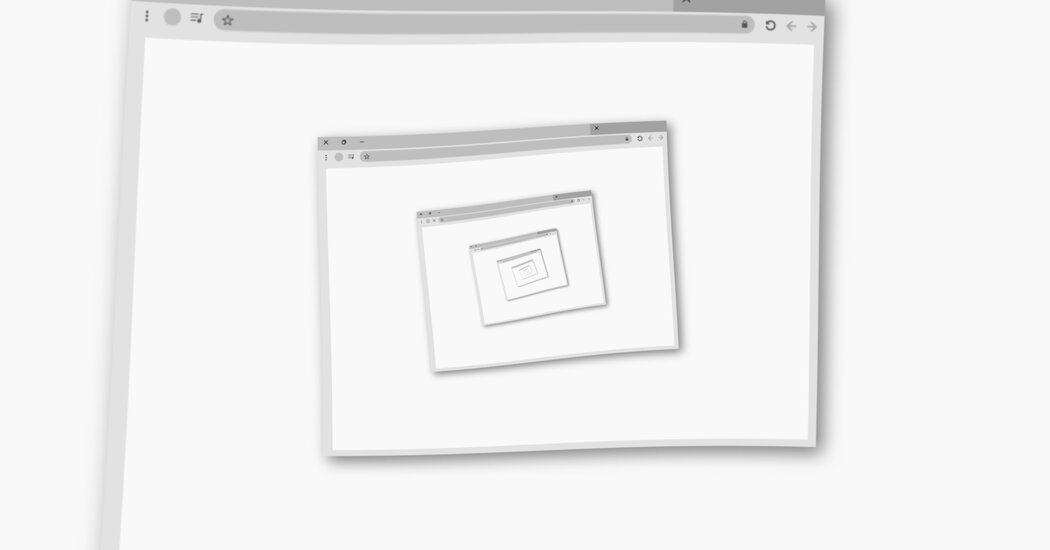
Tech Firms Hire 'Red Teams.' Scientists Should, Too
Another botched peer review - this one involving a controversial study of police killings - shows how devil's advocates could improve the scientific process.
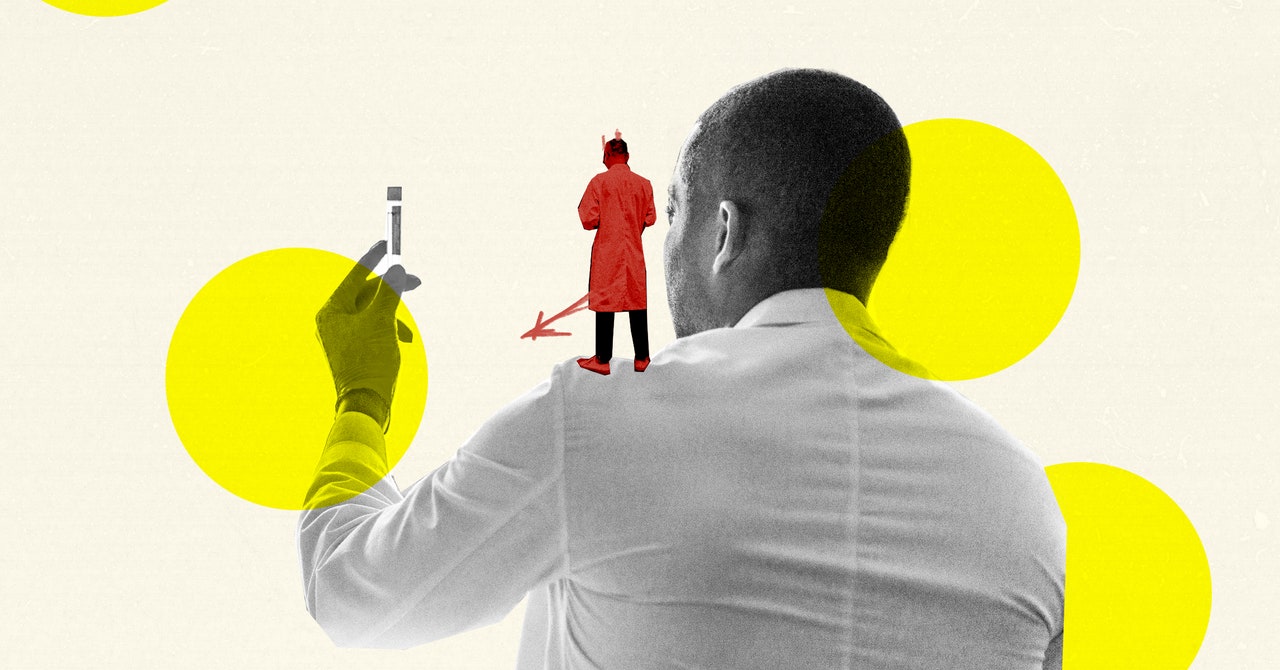
Open Up: a Survey on Open and Non-anonymized Peer Reviewing
Our aim is to highlight the benefits and limitations of open and non-anonymized peer review. Our argument is based on the literature and on responses to a survey on the reviewing process of alt.chi, a more or less open review track within the so-called Computer Human Interaction (CHI) conference, the predominant conference in the field of human-computer interaction. This track currently is the only implementation of an open peer review process in the field of human-computer interaction while, with the recent increase in interest in open scientific practices, open review is now being considered and used in other fields. We ran an online survey with 30 responses from alt.chi authors and reviewers, collecting quantitative data using multiple-choice questions and Likert scales. Qualitative data were collected using open questions. Our main quantitative result is that respondents are more positive to open and non-anonymous reviewing for alt.chi than for other parts of the CHI conference. The qualitative data specifically highlight the benefits of open and transparent academic discussions. The data and scripts are available on https://osf.io/vuw7h/ , and the figures and follow-up work on http://tiny.cc/OpenReviews . While the benefits are quite clear and the system is generally well-liked by alt.chi participants, they remain reluctant to see it used in other venues. This concurs with a number of recent studies that suggest a divergence between support for a more open review process and its practical implementation.

Mis-allocated Scrutiny
In the current system of pre-publication peer review, which papers are scrutinized most thoroughly?
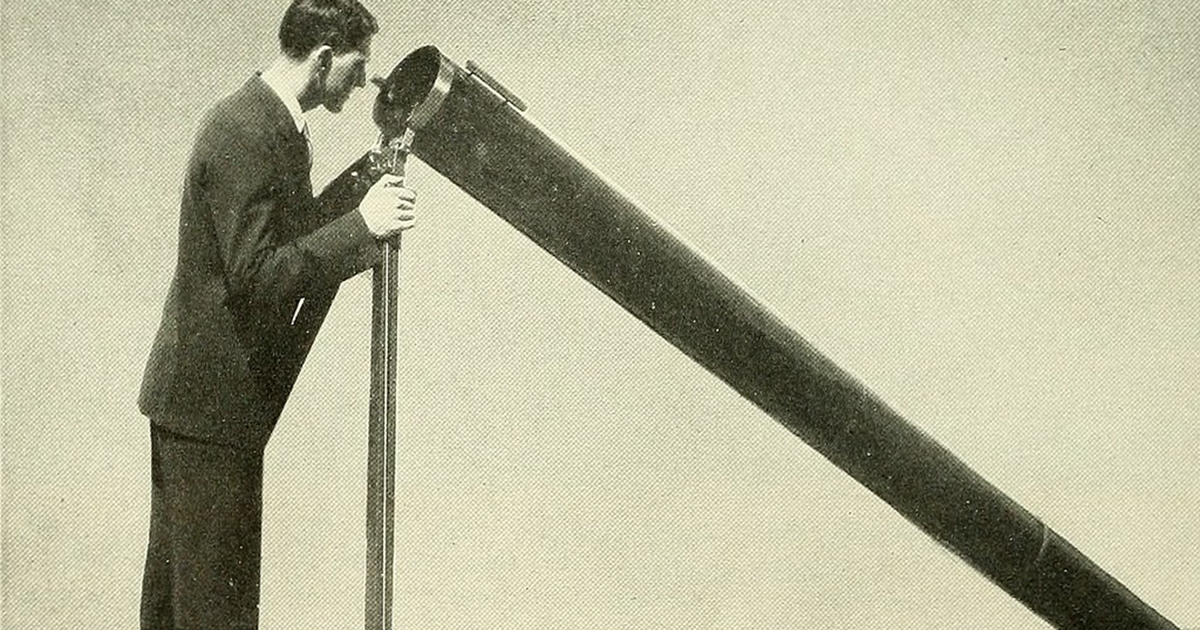
Embracing the Value of Preprints on the Frontlines of COVID-19 Patient Care
Embracing the Value of Preprints on the Frontlines of COVID-19 Patient Care
Along with healthcare providers around the world, the Wellcome Trust PhD fellow Karin Purshouse is seeing the need for fast-tracked guidance on the virus and patient treatment.
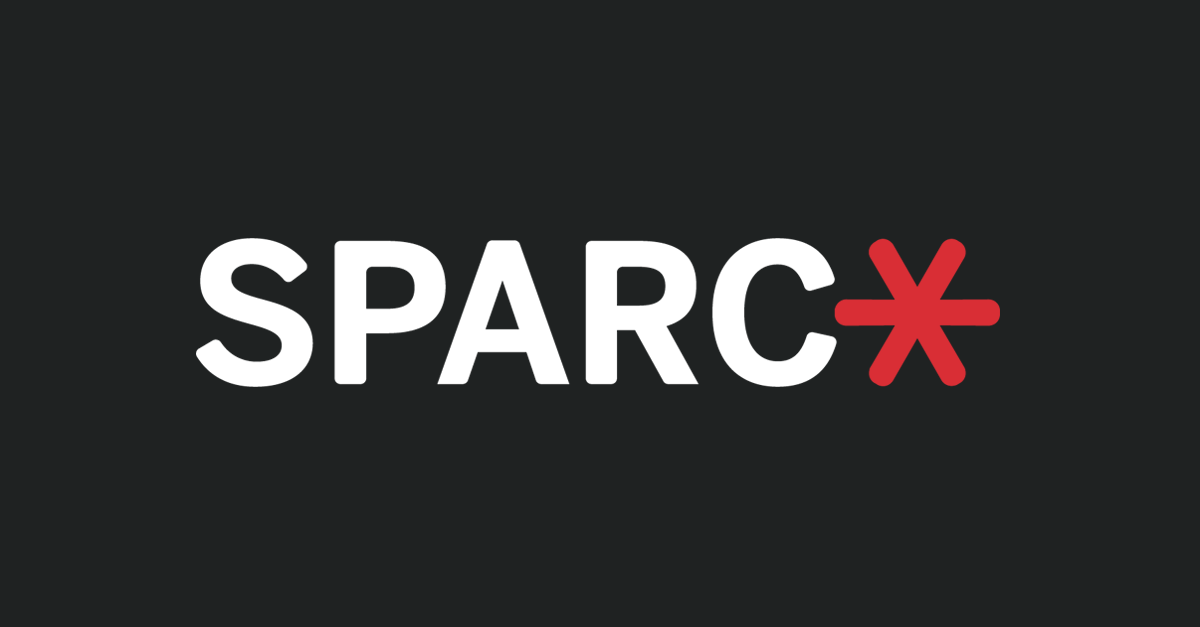
Publish In Haste, Repent At Leisure
Which would you trust more, a research article posted as a preprint, or one that has been published after peer review? The reality is that all science communicated via either mechanism should be read with a discerning and critical eye.

Peer-Reviewed Scientific Journals Don't Really Do Their Job
The rapid sharing of pandemic research shows there is a better way to filter good science from bad.
How the Coronavirus is Changing Science
In the face of this crisis, we need research to be shared faster.
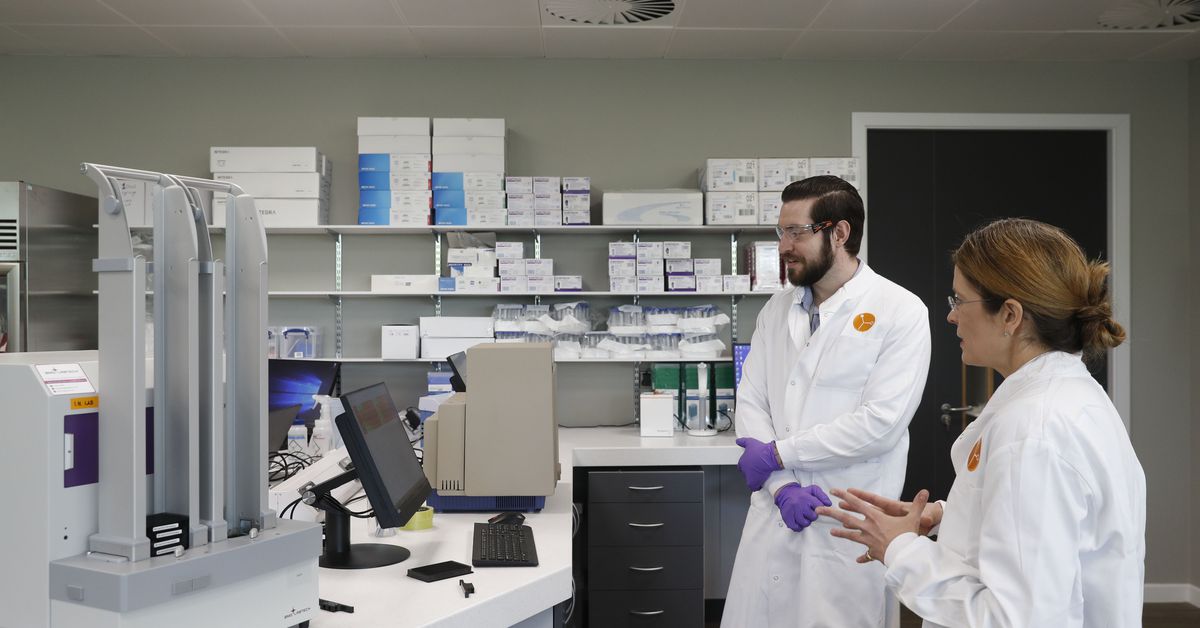
View of The Costly Prestige Ranking of Scholarly Journals
The prestige ranking of scholarly journals is costly to science and to society.
Scientists Take Aim at Another Coronavirus Study in a Major Journal
Scientists Take Aim at Another Coronavirus Study in a Major Journal
A report on masks relied on unfounded assumptions, researchers charged, and the authors were permitted to choose their own reviewers.
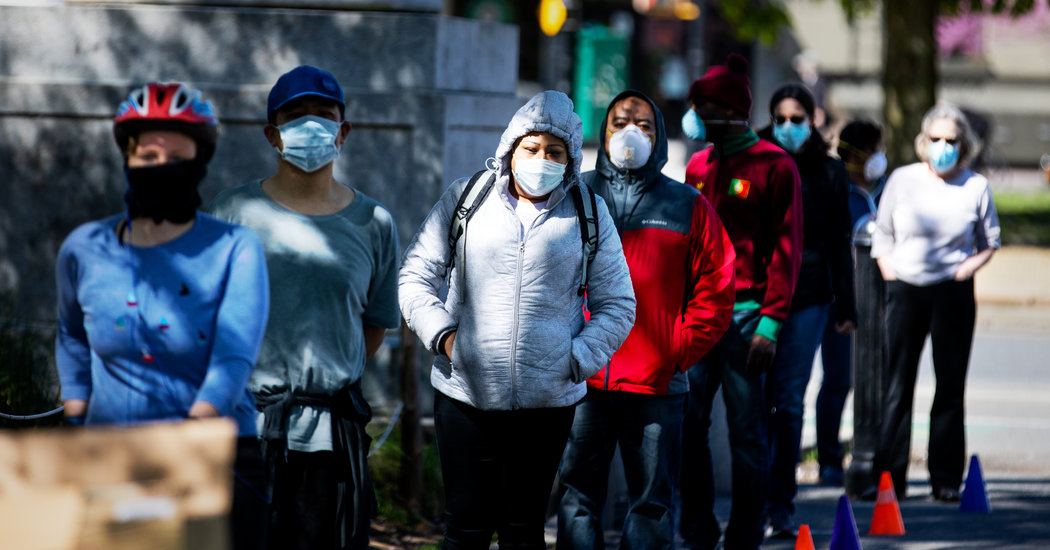
Peer Review Should Be an Honest, but Collegial, Conversation
Nature asked authors and editors for advice on how to improve peer-review communication.

Is Peer Review a Good Idea?
This Article examines the effect of abolishing peer review on the changed incentive structure and the likely effects on the behaviour of individual scientists, and concludes that, abolishing peer review has overall slightly positive results.
NIH Peer Review: Criterion Scores Completely Account for Racial Disparities in Overall Impact Scores
NIH Peer Review: Criterion Scores Completely Account for Racial Disparities in Overall Impact Scores
Study found that preliminary criterion scores fully account for racial disparities - yet do not explain all of the variability - in preliminary overall impact scores.

Covid-19 Studies Based on Flawed Surgisphere Data Force Medical Journals to Review Processes
Covid-19 Studies Based on Flawed Surgisphere Data Force Medical Journals to Review Processes
New England Journal of Medicine and Lancet peer reviewers did not see raw data behind findings before publication.



